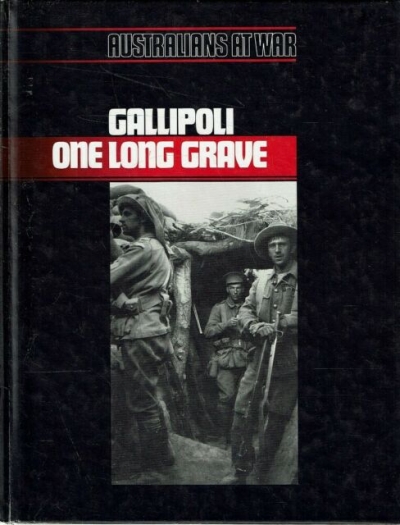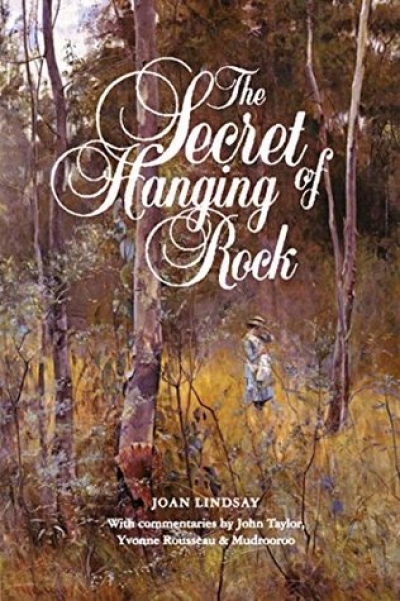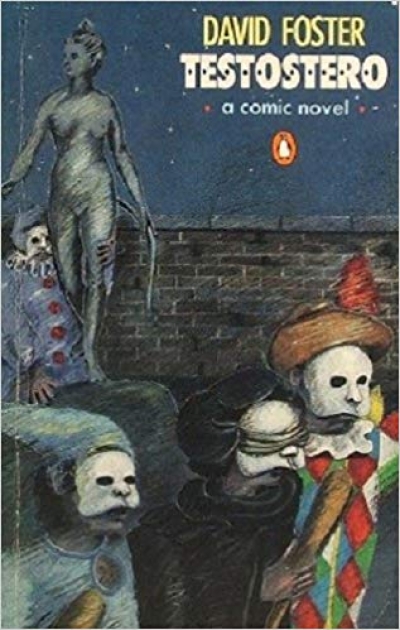Archive
Not being of an introspective temperament, nor an accomplished portraitist, I find it easier to talk about my milieu than myself. I spent my childhood in northern New South Wales. My mother’s people had come to farm in the district around the tum of the century, and most of her family had married, lived and died there. Though my father was a newcomer from the coast, he too had relatives in the town. For some years my younger brother and I were the babies of the kin group.
... (read more)Contemporary Australian literature was among the less obscure topics discussed at the recent Modern Language Association convention held in New York. About 15,000 delegates came to the bazaar, some looking for jobs or friends, others attending a boggling array of literary discussions on bat fantasy in Dickens, the future of East European nature poetry and the shape of language in Thea Astley’s work. This last one was a fine lecture given by Robert Ross, tireless president of the American Association for Australian Literary Studies, which will hold its own conference in March at Penn State University. Marcia Allentuck gave a lively talk about Australian Yiddish literature – in particular Herz Bergner’s Light and Shadows, which portrayed the bitter angst of the immigrant almost thirty years before the current wave of immigrant writing.
... (read more)







